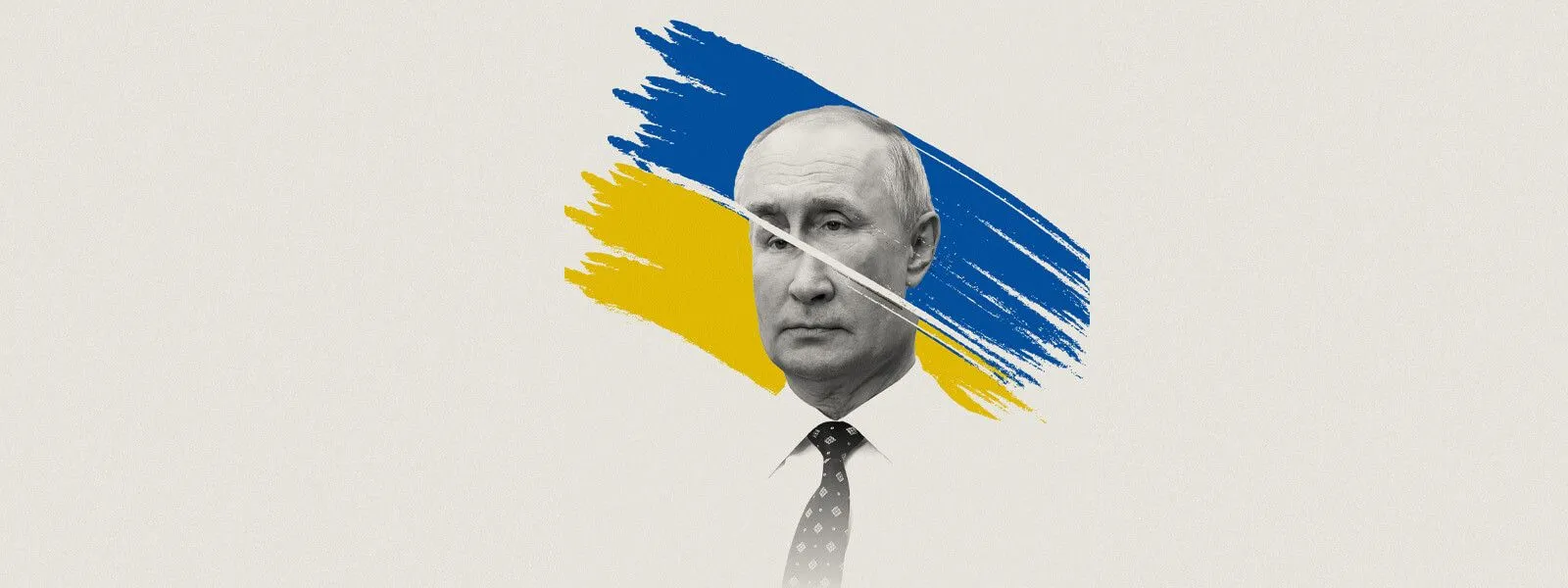Themes and Failures of Russia’s War Against Ukraine

Editor’s Note: This is an excerpt of a full report. To read the entire analysis with endnotes, click here to download the report as a PDF.
Executive Summary
A year after Russia launched its full-scale invasion of Ukraine, Russia remains unsuccessful in bringing Ukraine under its control as it struggles to overcome months of compounding strategic and tactical failures. Despite these challenges, the Kremlin’s intent remains unchanged, leaving Ukraine and the international community at heightened risk. In anticipation of Russia’s planned renewed offensive, this report reflects on Russia’s key hybrid warfare themes over the past year, including military failures, exploitation of natural resources, reliance on “proxy” groups, and partnerships with anti-Western allies. By doing so, this report illuminates the Kremlin’s strategic miscalculations and its strategies for overcoming its shortfalls.
In the near term, Russia will very likely launch a renewed offensive in Ukraine with a likely focus on the Donbas. Russian state-sponsored cyber threat actors, as well as pro-Russian cybercriminals and hacktivists, will almost certainly support this campaign through continued targeting of Ukrainian critical infrastructure, at least in part in an attempt to further degrade Ukraine’s morale and will to fight. Meanwhile, Russia will also have to manage the direction of largely untrained troops and modern weapons shortages, with likely reliance on recently mobilized troops, “proxy” organizations like Wagner, and foreign weapon supplies from Iran and North Korea to augment its capabilities.
In the longer term, Russia’s actions over the past year have caused lasting geopolitical shifts far beyond Ukraine. In particular, the success of Ukraine’s collective defense model resonates globally, and European shifts away from reliance on Russian gas, serve to remind the international community about the benefits of allied cooperation and the importance of global partnerships. These partnerships are further supported by Russia’s burgeoning military cooperation with Iran and North Korea, which creates a heightened global threat environment. As the war stretches on, the risk of Belarus’s involvement, escalation in the conflict, degraded Ukrainian morale, and international complacency compound, further threatening the security of both Ukraine and the international community.
Key Judgments
- Russia was almost certainly challenged by Ukraine’s cyber defenses, which were bolstered by its allies and industry partners, rendering cyber operations unable to substantively augment Russia’s conventional military progress and demonstrating the importance of collective defense.
- Russia’s persistent kinetic and cyber targeting of Ukraine’s civilians and critical infrastructure throughout winter very likely reflects the Kremlin’s intent to degrade Ukraine’s morale ahead of an upcoming, renewed offensive.
- Russia’s persistent use of “proxy” groups throughout the conflict, such as Wagner Group and pro-Russian cybercriminals, hacktivists, and influence actors, has revealed Kremlin control or direction over these groups, while further illuminating Russia’s desire to have plausible deniability over its actions.
- Russia has strengthened international partnerships with key anti-Western allies, including Iran and North Korea, who are likely to continue providing material support to Russia for its war against Ukraine and pose increasing threats to the West as their military cooperation expands.
- Russia’s leveraging of its natural resources over the past year has pushed the West to find alternative fuel sources, which will very likely decrease Russia’s ability to exert pressure over the international community.
- While Russia maintains its intent to bring Ukraine under its control, the numerous, unaddressed challenges its military faced during the initial invasion, in addition to largely untrained troops, weapons shortages, and Ukraine’s military being armed by the West, will very likely challenge future Russian successes on the battlefield.
- As the war continues, a variety of risks threaten both Ukraine and the international community, including formal Belarusian involvement, the potential for escalation, degraded Ukrainian morale, and international complacency.
Related
